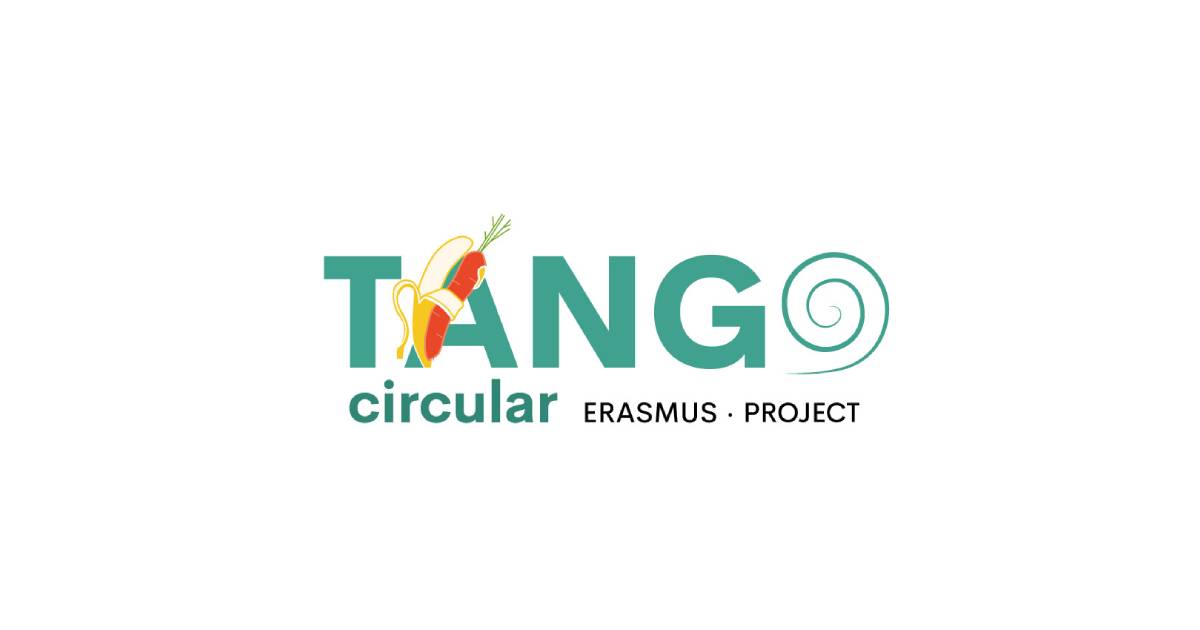Agricultural and Biosystems Engineering for Implementing the Circular Economy Concept in Agriculture
A special issue of AgriEngineering (ISSN 2624-7402). This special issue belongs to the section "Sustainable Bioresource and Bioprocess Engineering".
Deadline for manuscript submissions: 1 September 2026 | Viewed by 2146

Special Issue Editors
Interests: agricultural engineering; ecological engineering; rural buildings; agroforestry landscape; circular economy; bio-architecture; bioeconomy; agroplastics recycling
Special Issues, Collections and Topics in MDPI journals
Interests: agricultural and biosystems engineering; environmental engineering; agroecology
Interests: agricultural and biosystems engineering; ecological engineering; greenhouse technology; plastic material; agricultural plastics recycling
Special Issue Information
Dear Colleagues,
Agricultural and Biosystems Engineering provides agricultural actors with the knowledge and skills required to use advanced technologies that can transform waste into new resources, thus contributing to the implementation of the Circular Economy concept in agriculture. Indeed, by managing organic (biomass) and non-organic (mostly, agro-plastics) waste, farmers can increase their economic returns while reducing the environmental footprint of agriculture. This Special Issue reports the results of scientific research and training activities carried out by Agricultural Engineers—mostly those implemented within the TANGO-Circular Project, in which farmers and agricultural stakeholders were trained on the appropriate use, post-consumer collection, and recycling of agricultural co-products, by-products, residuals, and waste. Their upskilling allowed them to play a proactive role in the valorization of agricultural waste, which was consolidated thanks to the participation of other interested actors involved in the Quadruple-Helix, including public institutions, private industries, universities/research centers, and civil society/non-profit organizations. During the Project Final Conference, held in Matera, Italy, on 25–27 June 2025, several European universities specializing in Agricultural and Biosystems Engineering presented data on the latest technologies and systems for valorizing agricultural waste, discussing on how to implement and harmonize them, thus shading light on cutting-edge technological solutions and creating innovative opportunities in agricultural waste valorization.
Prof. Dr. Pietro Picuno
Prof. Dr. Salvatore Margiotta
Dr. Roberto Puglisi
Guest Editors
Manuscript Submission Information
Manuscripts should be submitted online at www.mdpi.com by registering and logging in to this website. Once you are registered, click here to go to the submission form. Manuscripts can be submitted until the deadline. All submissions that pass pre-check are peer-reviewed. Accepted papers will be published continuously in the journal (as soon as accepted) and will be listed together on the special issue website. Research articles, review articles as well as short communications are invited. For planned papers, a title and short abstract (about 250 words) can be sent to the Editorial Office for assessment.
Submitted manuscripts should not have been published previously, nor be under consideration for publication elsewhere (except conference proceedings papers). All manuscripts are thoroughly refereed through a single-blind peer-review process. A guide for authors and other relevant information for submission of manuscripts is available on the Instructions for Authors page. AgriEngineering is an international peer-reviewed open access monthly journal published by MDPI.
Please visit the Instructions for Authors page before submitting a manuscript. The Article Processing Charge (APC) for publication in this open access journal is 1600 CHF (Swiss Francs). Submitted papers should be well formatted and use good English. Authors may use MDPI's English editing service prior to publication or during author revisions.
Keywords
- sustainable agriculture
- agroecology
- bioeconomy
- agricultural waste
- biomass
- agro-plastics recycling
- bio-based material
- biodegradable material
Benefits of Publishing in a Special Issue
- Ease of navigation: Grouping papers by topic helps scholars navigate broad scope journals more efficiently.
- Greater discoverability: Special Issues support the reach and impact of scientific research. Articles in Special Issues are more discoverable and cited more frequently.
- Expansion of research network: Special Issues facilitate connections among authors, fostering scientific collaborations.
- External promotion: Articles in Special Issues are often promoted through the journal's social media, increasing their visibility.
- Reprint: MDPI Books provides the opportunity to republish successful Special Issues in book format, both online and in print.
Further information on MDPI's Special Issue policies can be found here.







